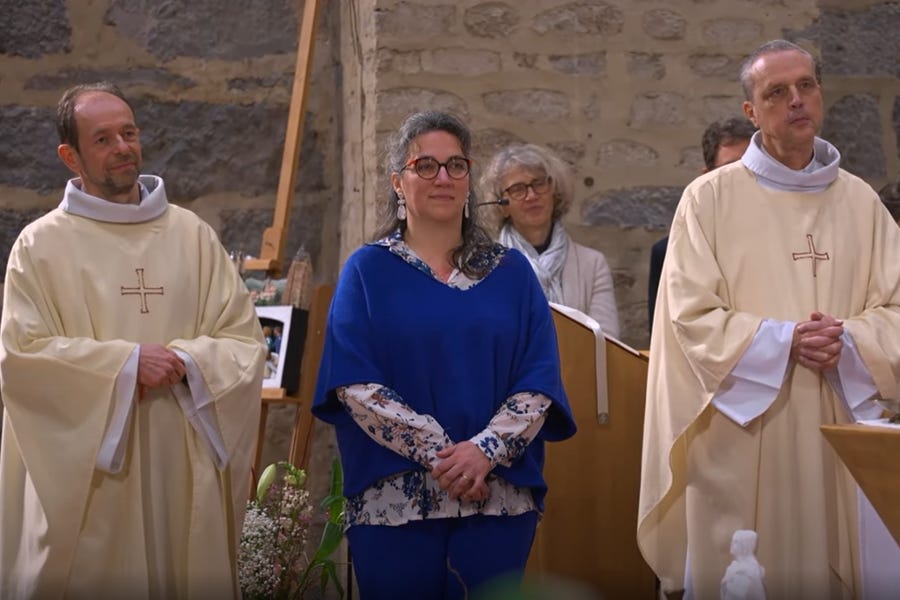Lay ‘episcopal delegate’ added to Eucharistic Prayer in Belgian province
The recommendation was made 'in consultation' with Archbishop Terlinden of Mechelen-Brussels
Pastors in a Belgian province have been asked to include an episcopal delegate in the Eucharistic Prayer at Masses.

A Nov. 6 archdiocesan memo to clergy in the vicariate of Brabant Walloon, a French-speaking are…
